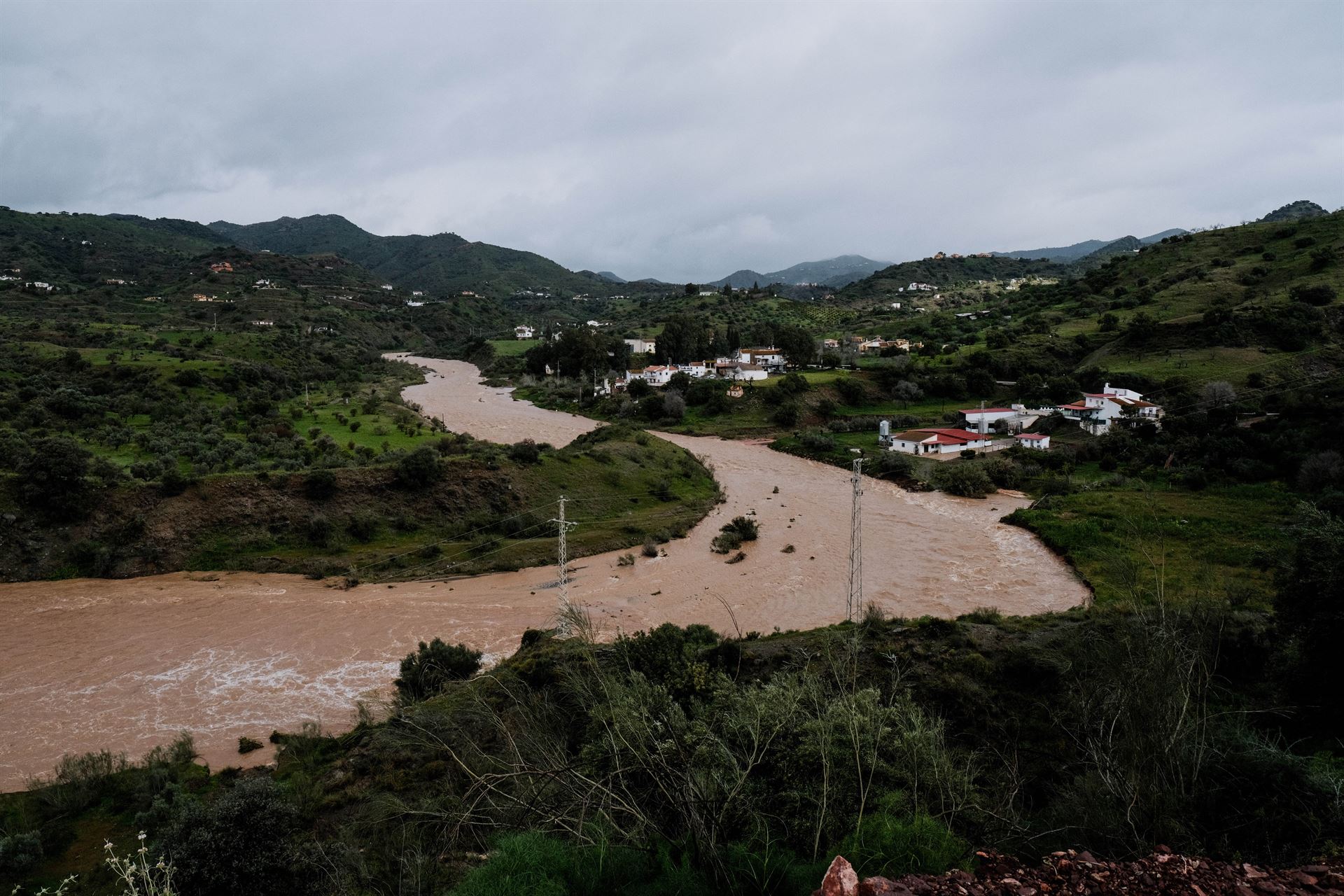
BRUSSELS - Europe faced its most widespread flooding last year since 2013, with 30 percent of the continent's river network hit by significant floods, scientists said on Tuesday, as fossil fuel-driven climate change continued to prompt torrential rain and other extreme weather.
Flooding killed at least 335 people in Europe in 2024 and affected more than 410,000, the European Union's Copernicus Climate Change Service and the World Meteorological Organization said in a joint report on Europe's climate.
Western Europe was hit hardest, with 2024 ranking among the region's ten wettest years in records going back to 1950. Storms and flooding are Europe's costliest weather extremes, last year causing damage exceeding 18 billion euros.
ALSO READ: Bolivia declares emergency after floods kill over 50
Globally, 2024 was the world's warmest year since records began, as well as the warmest for Europe - the planet's fastest-warming continent. The planet is now around 1.3 degrees Celsius warmer than in pre-industrial times, mainly due to human-caused climate change.
"Every additional fraction of a degree of temperature rise matters because it accentuates the risks to our lives, to economies and to the planet," said WMO Secretary-General Celeste Saulo.
The report noted bright spots, including that renewable energy sources produced a record-high 45 percent of Europe's energy in 2024, while most European cities have plans in place to better adapt to climate change.
READ MORE: Argentina floods kill at least 10 in Bahia Blanca port city
But weather extremes were recorded across the continent. Southeastern Europe had its longest heat wave on record, totalling 13 days, while Scandinavia's glaciers shrank at the highest rates on record, and heat stress increased across the continent.
Much of Eastern Europe was hit by lack of rain and drought, while floods ravaged western Europe.
Nearly a third of Europe's overall river network exceeded a "high" flood threshold, while 12 percent breached "severe" flood levels in 2024.
READ MORE: One dead, thousands urged to evacuate as Australia's northeast battles floods
Devastating floods in Valencia in late October accounted for most of the lives lost and economic damage caused in Europe by floods, with 232 people killed in the disaster. Storm Boris in September dumped the heaviest rain ever recorded in Central Europe onto countries, including Austria, Czechia, Germany and Slovakia.
Scientists have confirmed climate change has made such downpours more likely, because a hotter atmosphere can hold more water, leading to intense rain. Atmospheric water vapour reached a record high in 2024.
Other factors that influence flooding include river management and urban planning that determines whether homes and infrastructure are built in flood-prone areas.


